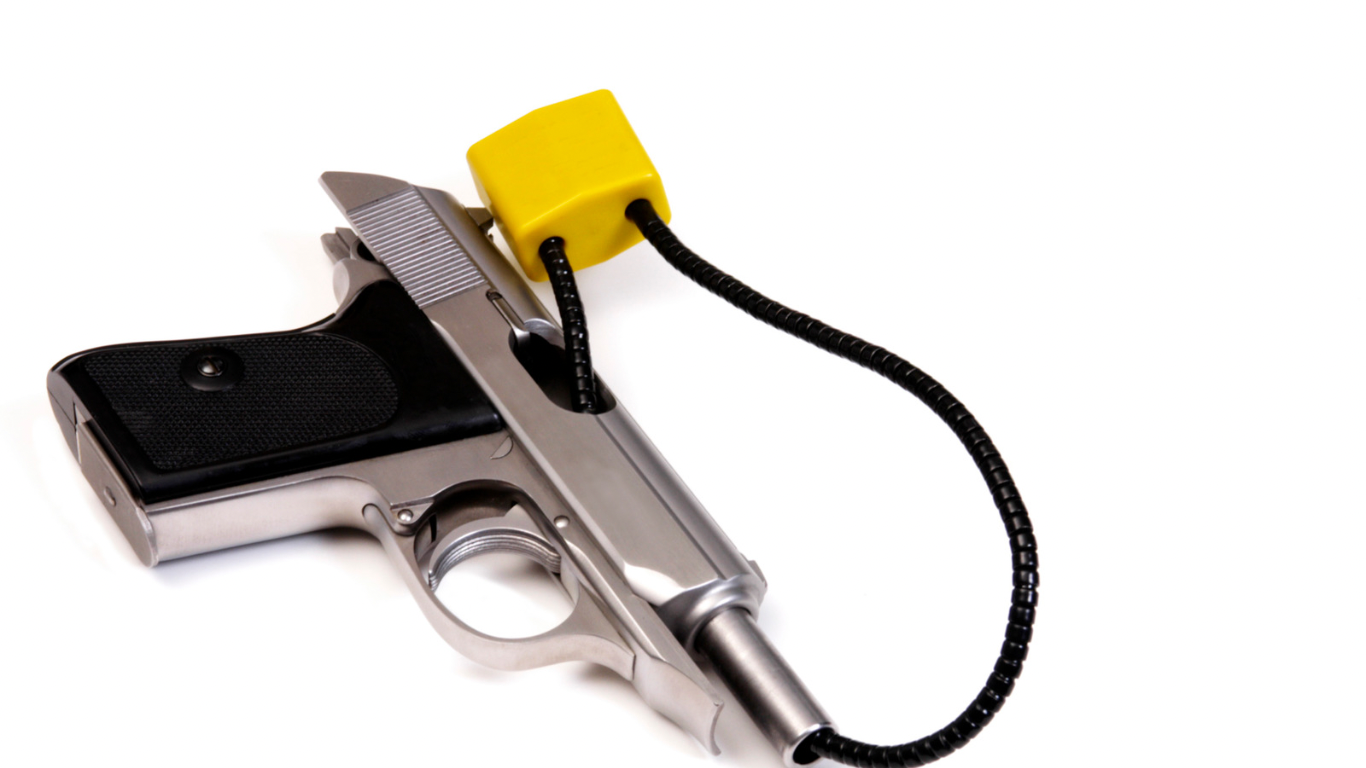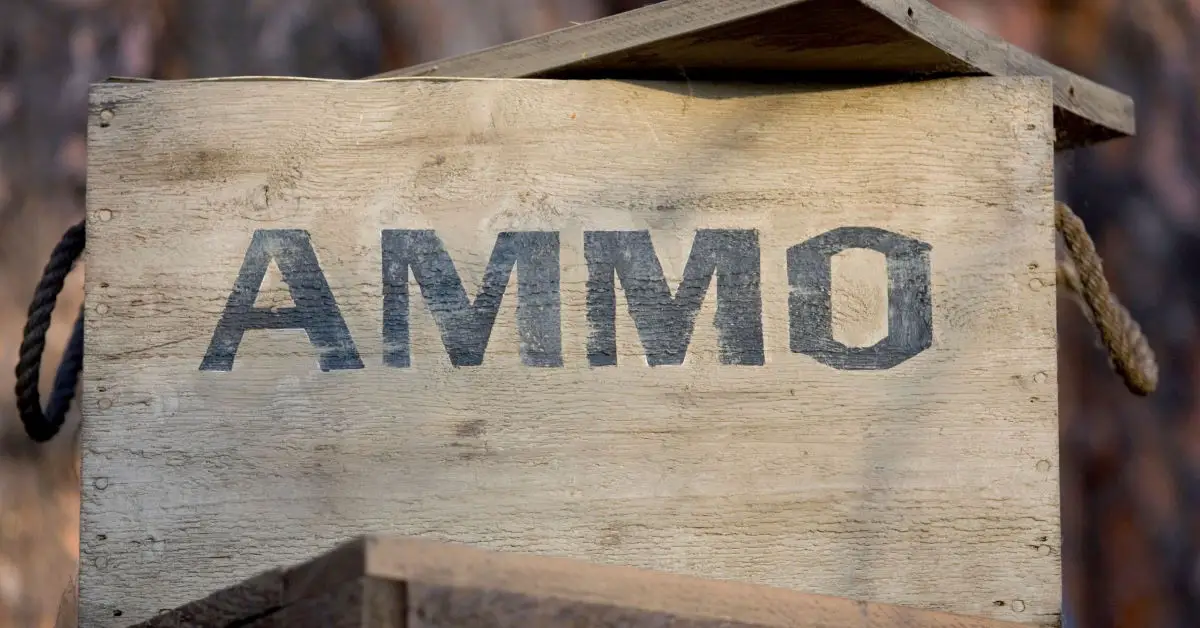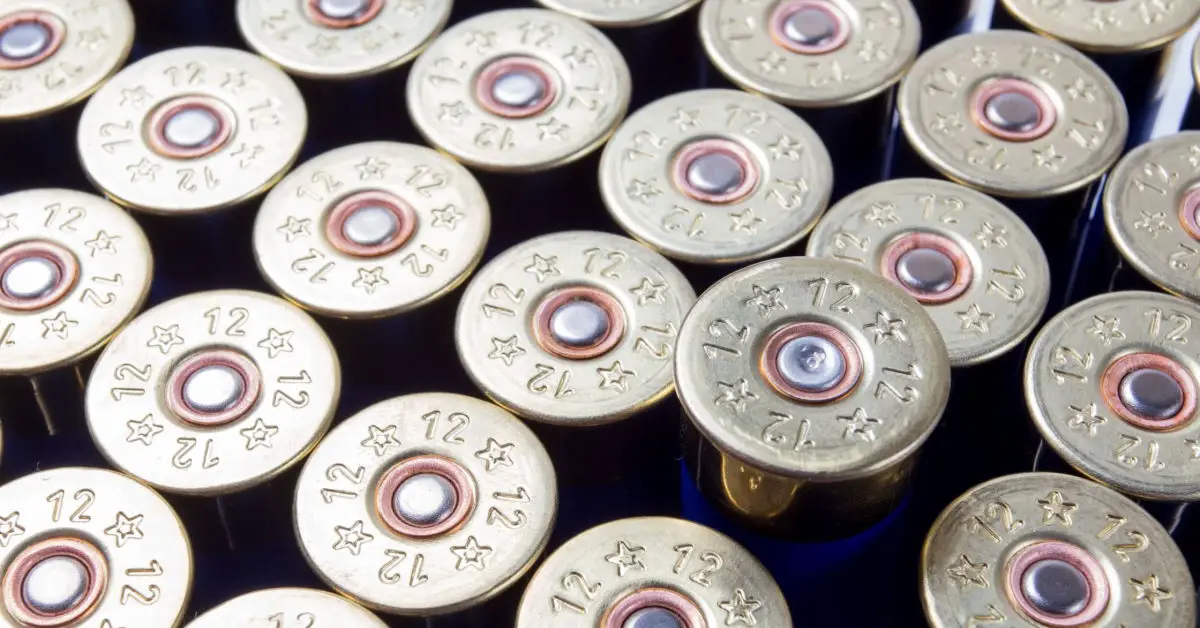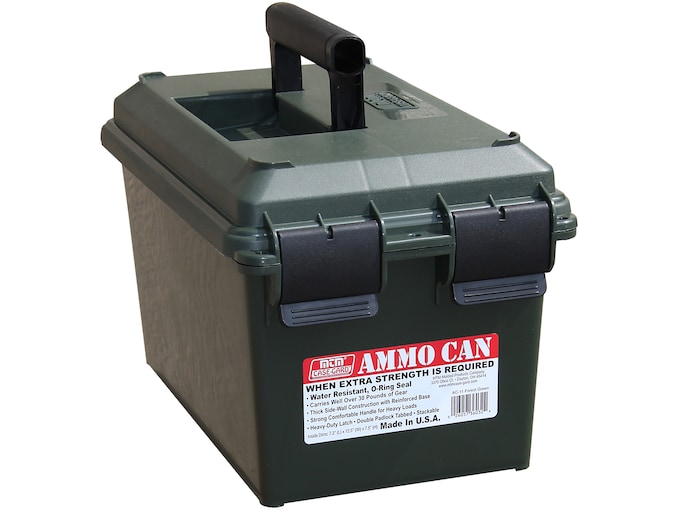The topic of gun safety is not new, but as the number of gun-related incidents rise, the need for stricter gun regulations becomes more apparent. However, gun safety is not just about enacting laws and regulations, but it also requires personal responsibility. So, what can we do to ensure that gun ownership and use is done safely and responsibly? Let’s explore this issue further in this blog post.
Legislation
One of the primary ways to ensure gun safety is through legislation. Countries such as Japan and Australia have stricter gun laws, and as a result, have lower incidents of gun-related violence. However, it’s not just at the national level where we need to enact laws, but also at the state and local levels. Laws such as background checks, waiting periods, and red flag laws can all contribute to decreasing gun-related incidents.
Education
Education is also a crucial aspect of gun safety. The proper handling and storage of firearms can prevent accidents and potential tragedies. Many organizations such as the National Rifle Association (NRA) offer gun safety courses. Additionally, parents should educate their children on gun safety, even if they do not have guns in their households. It’s important to teach them what to do if they come across a gun, so they know how to handle the situation safely.
Gun Owners’ Responsibility
Gun owners also have a personal responsibility when it comes to gun safety. They should know how to operate their guns safely and store them securely. Additionally, they should keep firearms out of the reach of children and those who are not authorized to use them. Owners should also report any lost or stolen guns immediately to the authorities. Education and training can help gun owners understand the importance of their personal responsibility in making sure their firearms are not used for harm.
Mental Health
Mental health is another critical factor in gun safety. Those with mental illnesses or who are prone to violent behavior should not have access to guns. It’s essential that we invest in mental health services and support systems to help prevent potential incidents. Additionally, we should make sure individuals who are experiencing a mental health crisis have resources available to them, such as extensible access to counseling.
Communication
Communication is also critical in ensuring gun safety. If you know someone who owns a gun, and you have concerns about their mental health or ability to use a gun safely, speak with them. Be open with your concerns and make suggestions for what they can do to better ensure gun safety. Additionally, educating those who are not as familiar with guns can help reduce incidents of accidental shootings.
Conclusion
Gun safety is not a new issue and is not going away anytime soon. Legislation, education, personal responsibility, mental health, and communication are all necessary to ensure gun safety. While it may not be possible to prevent all gun-related incidents, it’s crucial that we do everything in our power to reduce them. Because at the end of the day, it’s our responsibility to keep ourselves, our families, and our communities safe.





